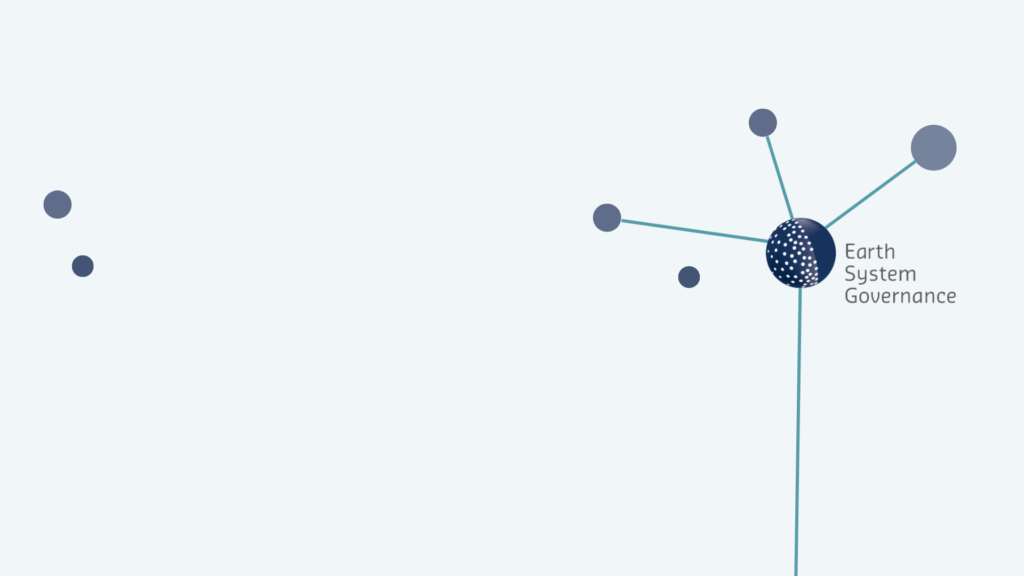Call for Applications to a capacity building workshop on Governing Critical Uncertainties: Climate Change and Decision-Making in Transboundary River Basins, 21-23 January 2013, Chiang Mai, Thailand.
The workshop is organized by the Unit for Social and Environmental Research, Faculty of Social Sciences, Chiang Mai University and the Earth System Governance Project, sponsored by the Asia-Pacific Network for Global Change Research, and endorsed by the Global Water System Project.
The workshop is designed for early career researchers in the Asia-Pacific Region working in the field of environmental governance and with interests in transboundary river basins. The workshop aims to help early career researchers to:
– Increase their understanding of the implications of analytical and normative uncertainties associated with climate change and other large-scale drivers for the governance of trans-boundary river basins;
– Strengthen and expand their network with other early career researchers as well as more established experts in the Asia-Pacific region and beyond.
Workshop themes:
Earth system transformation is marked by persistent uncertainty regarding the causes of environmental change, its impacts, the interlinkage of various causes and response options, and the effects of possible response options. Uncertainty is not only analytical but also normative. Normative uncertainty refers to uncertainty with respect to goals and perceptions of acceptable risk. Most problems of earth system transformation are unprecedented. The adequate policies, polities and, especially, modes of allocation and adaptation are uncertain and contested. Normative uncertainty requires the development of new norms and conceptual frameworks for global collective action in uncharted territory. Research therefore needs to be reflexive and pay attention to how particular worldviews shape scientific research or how scientists deal with problems of uncertainty and lack of quantifiable knowledge of human behaviour. Rivers like the Mekong-Lancang, Brahmaputra, Red River, Salween-Nu, Ganges and Indus provide many services crucial for local livelihoods, national development, as well as regional stability and cooperation. They are also a source of regional tensions and natural disasters. Globalisation and environmental change, potentially leading to tipping points in natural systems, pose new and uncertain risks in these basins. These uncertain risks have become the normal context in which regional water governance takes place. The workshop will address the governance challenges posed by uncertainties related to climate change, land-use and water-use changes focussing on the management of transboundary rivers in the Asia-Pacific region. Invited speakers and trainers will make key note presentations and facilitate discussions on state of knowledge, theory and methods.
Deadline for applications is 15 October 2012.
See here for more detailed information.


